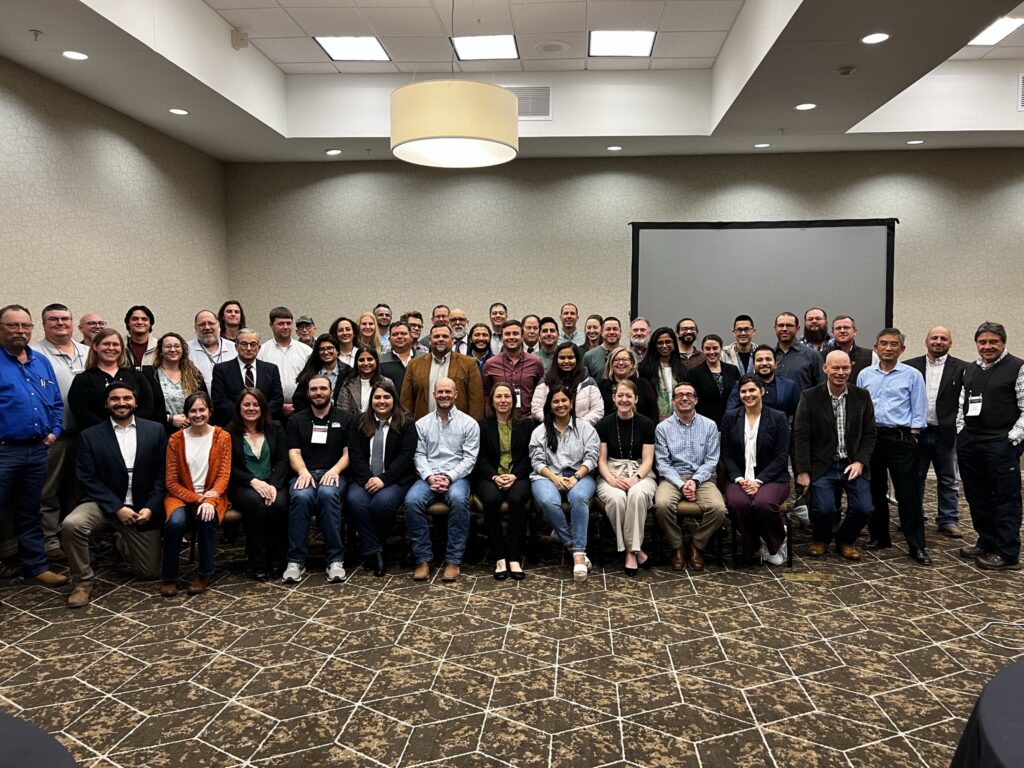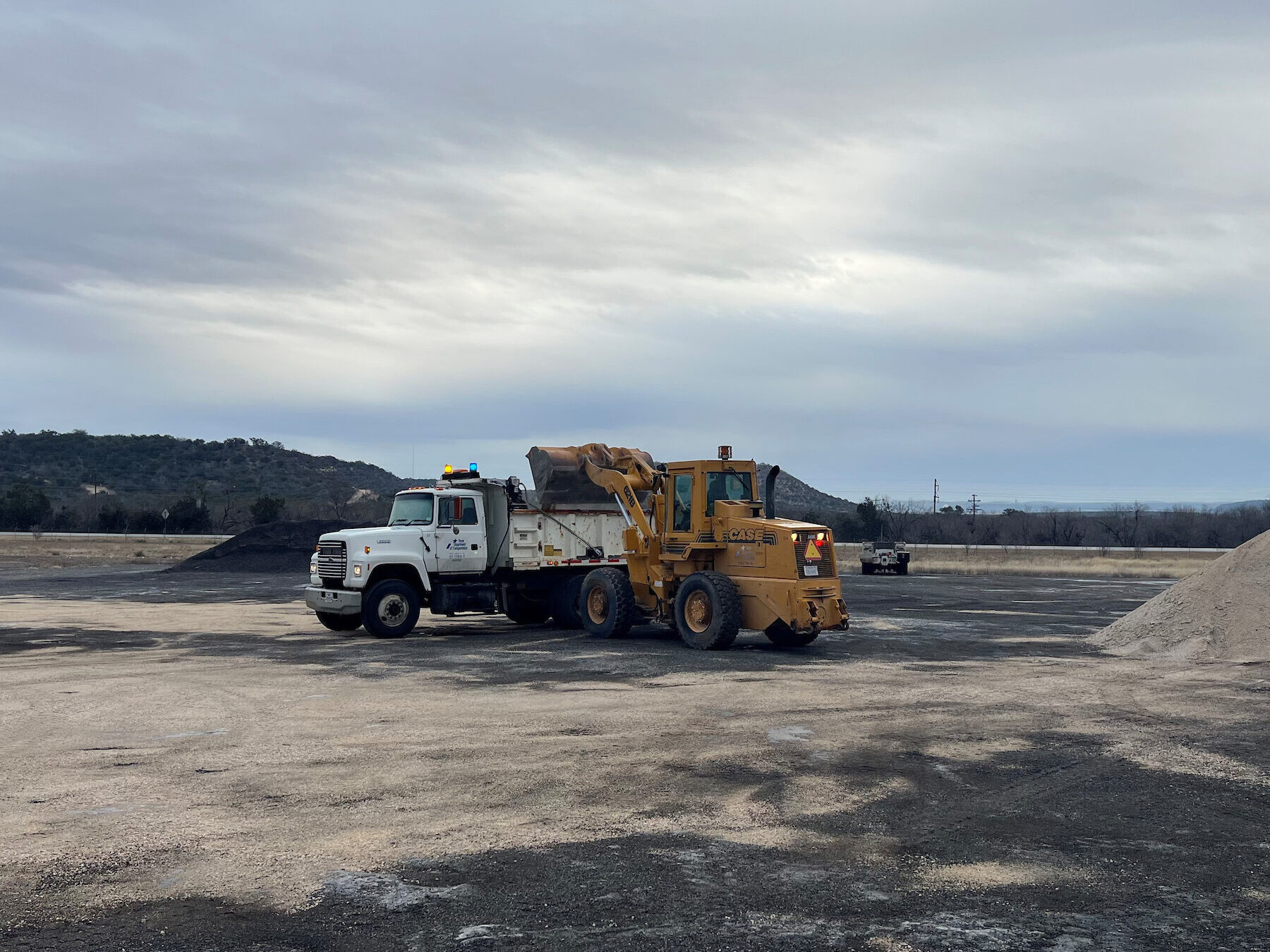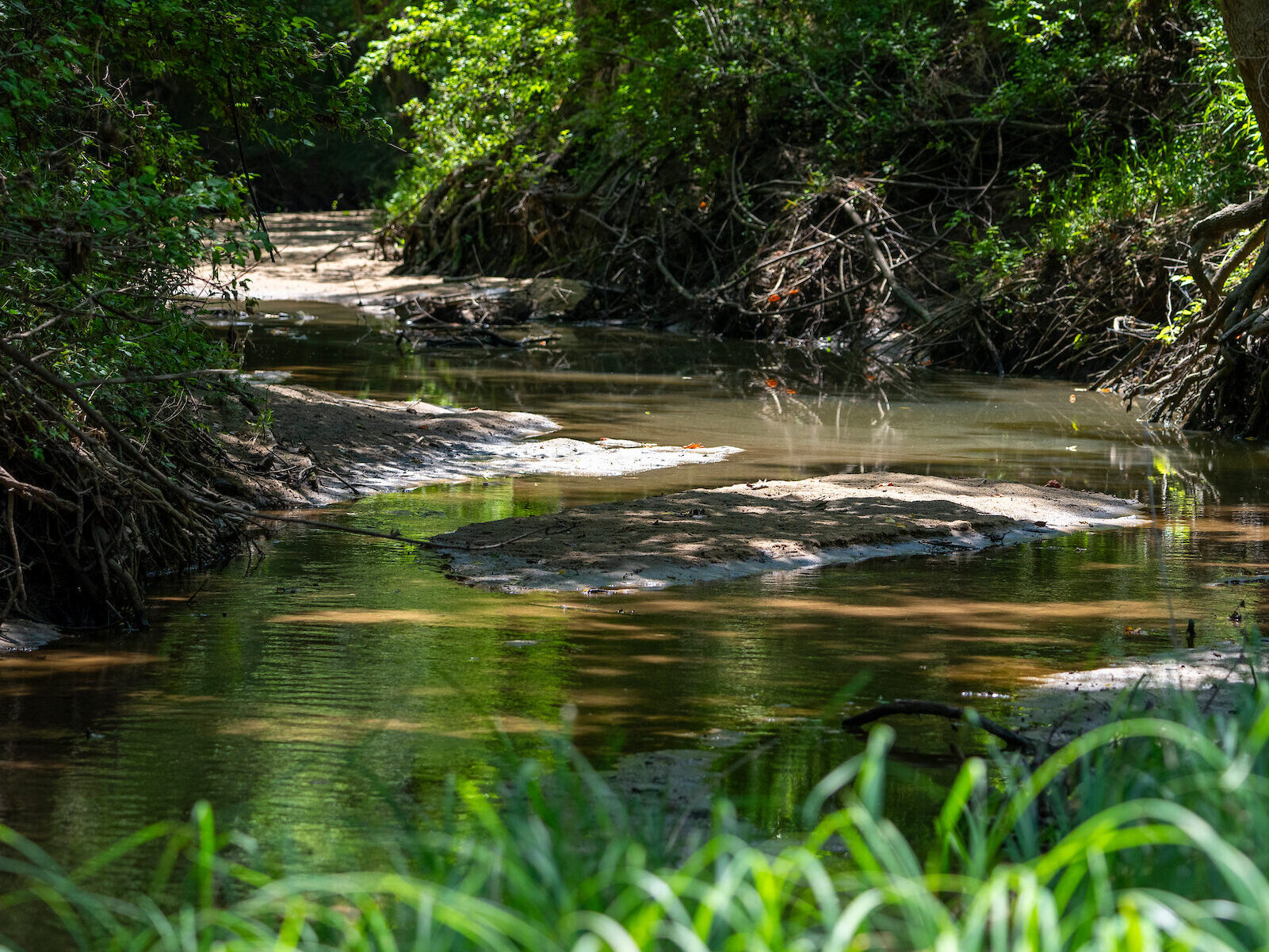Outreach Efforts and Flagship Programs
Our department is committed to impactful outreach efforts and the establishment of flagship programs that contribute significantly to the broader community. Through strategic engagement initiatives, we strive to bridge the gap between academia and the wider public, fostering awareness and understanding of critical issues in soil and crop sciences.
Our flagship programs serve as beacons of innovation and excellence, exemplifying our dedication to advancing sustainable agricultural practices, environmental stewardship, and the dissemination of cutting-edge research. These endeavors underscore to push the boundaries of scientific knowledge within our field and to share its benefits with the world. Notably, a majority of participants in these initiatives are associated with Texas A&M AgriLife Research, Texas A&M graduate students, and National Resources Conservation Science employees, creating a dynamic and collaborative network for advancing our shared goals.
Upcoming programs and workshops
Bennett Trust Land Stewardship
The Bennet Trust Stewardship event will be held April 9-10, 2026.
For more information, visit the Bennett Trust website.
Ranch Management University
The David McKnight ’73 Ranch Management University will be held April 13-17, 2026.
For more information, visit the Ranch Management University website.
Soil Survey and Land Resource Workshop
The Soil Survey and Land Resource Workshop is an annual conference for Texas soil scientists to share updates on research and policy, to discuss past and future priorities, and to communicate with relevant state and federal agencies. The workshop is organized each year by Texas A&M AgriLife Research and Extension and the United States Department of Agriculture Natural Resources Conservation Service (USDA NRCS) Texas state office, with cooperation from the Professional Soil Scientists Association of Texas (PSSAT).
For direct questions, please contact Dr. Felipe Aburto, [email protected].
Surface Mine Reclamation Workshop
The Surface Mine Reclamation Workshop was created in the late 1970s in response to the federal Surface Mining Control and Reclamation Act of 1977. It is intended to bring coal mining and reclamation stakeholders together to discuss advantages and disadantages of reclamation processes.
The workshop is held annually in early October. In addition to industry speakers, there is a research poster competition for graduate and undergraduate students, and commercial displays. The workshop also provides scholarships for students in related fields of study.
The Surface Mine Reclamation Workshop is led by Jake Mowrer, Ph.D., AgriLife Extension Associate Professor in Soil Nutrient & Water Resource Management.
Lone Star Healthy Streams Program
The goal of the Lone Star Healthy Streams (LSHS) program is to protect Texas waterways from bacterial contamination originating from livestock operations and feral hogs that may pose a serious health risk to Texas citizens. To achieve this, the program’s objective is to educate Texas farmers, ranchers, and landowners about proper grazing, feral hog management, and riparian area protection to reduce the levels of bacterial contamination in streams and rivers.
While some water pollution is often easy to detect, bacteria pollution is not. A water body choked with algae, a muddy river loaded with sediment, or a lake covered with an oily sheen all exhibit clearly noticeable impairments. Bacteria in water, on the other hand, are not at all noticeable to the naked eye. Did you know that bacteria is the number one cause of water pollution in Texas and that more than half of the water bodies evaluated in the state are impaired because of excess bacteria levels?
Bacteria in water can pose a significant health risk to humans. While not all bacteria are harmful to human health, some can be pathogenic, meaning they can cause disease. Waterborne diseases such as hepatitis, cholera, and salmonella can all result from elevated bacteria levels. There have actually been documented cases of illness due to E. coli in Texas water bodies. Furthermore, high levels of bacteria can indicate that water quality is impaired and that the water is probably unsuitable for drinking and other domestic uses.
Sources of bacteria across the landscape are numerous and it is the responsibility of everyone to do their part in helping minimize bacteria and other pollutants from entering our valuable waterways. The agricultural industry can play an important role in helping improve water quality across the state. Simple changes in how livestock and feral hogs are managed can result in significant impacts and can help reduce the amount of bacteria entering Texas streams and rivers, thus protecting the well-being of all Texans.
The LSHS program framework is five resource manuals that focus on bacterial runoff management for beef cattle, dairy cattle, horses, poultry, and feral hogs. As part of this educational program, current best management practices (BMPs) and novel BMPs are being evaluated to provide important information to citizens regarding BMP effectiveness relative to implementation costs and load reduction. Through enhanced education regarding riparian protection and vegetation management on grazing lands, LSHS will further protect Texas waterways from sediment, nutrient, and pesticide runoff with the concomitant loss of water and topsoil. It is important to note that the BMPs outlined in this website and in the manuals are not mandatory at this time and participation in the LSHS program is voluntary.
Funding for this project is provided through a Clean Water Act Section 319 Nonpoint Source Grant from the Texas State Soil and Water Conservation Board and the U.S Environmental Protection Agency.
For more information or to bring Lone Star Healthy Streams to your area, contact:
Leanne Wiley
Extension Program Specialist
Texas A&M AgriLife Extension Service
Cell: 979-318-2617 Office: 979-862-8072
E-mail: [email protected]
Larry Redmon
Professor and Forage Specialist
Texas A&M AgriLife Extension Service
Office: 979-845-4826
Email: [email protected]


